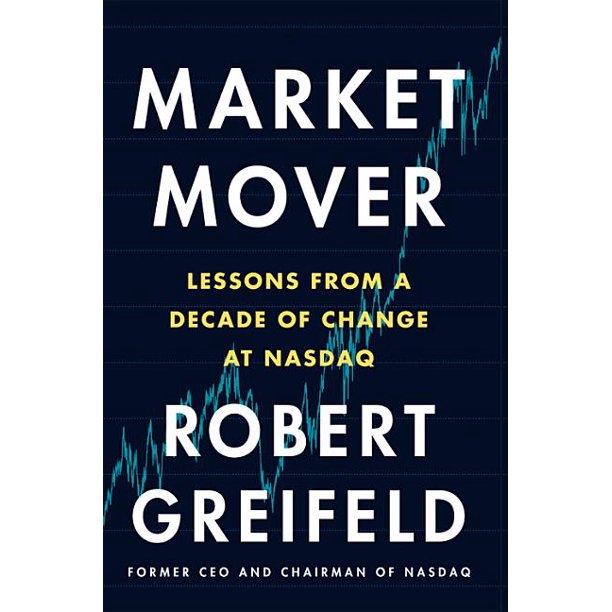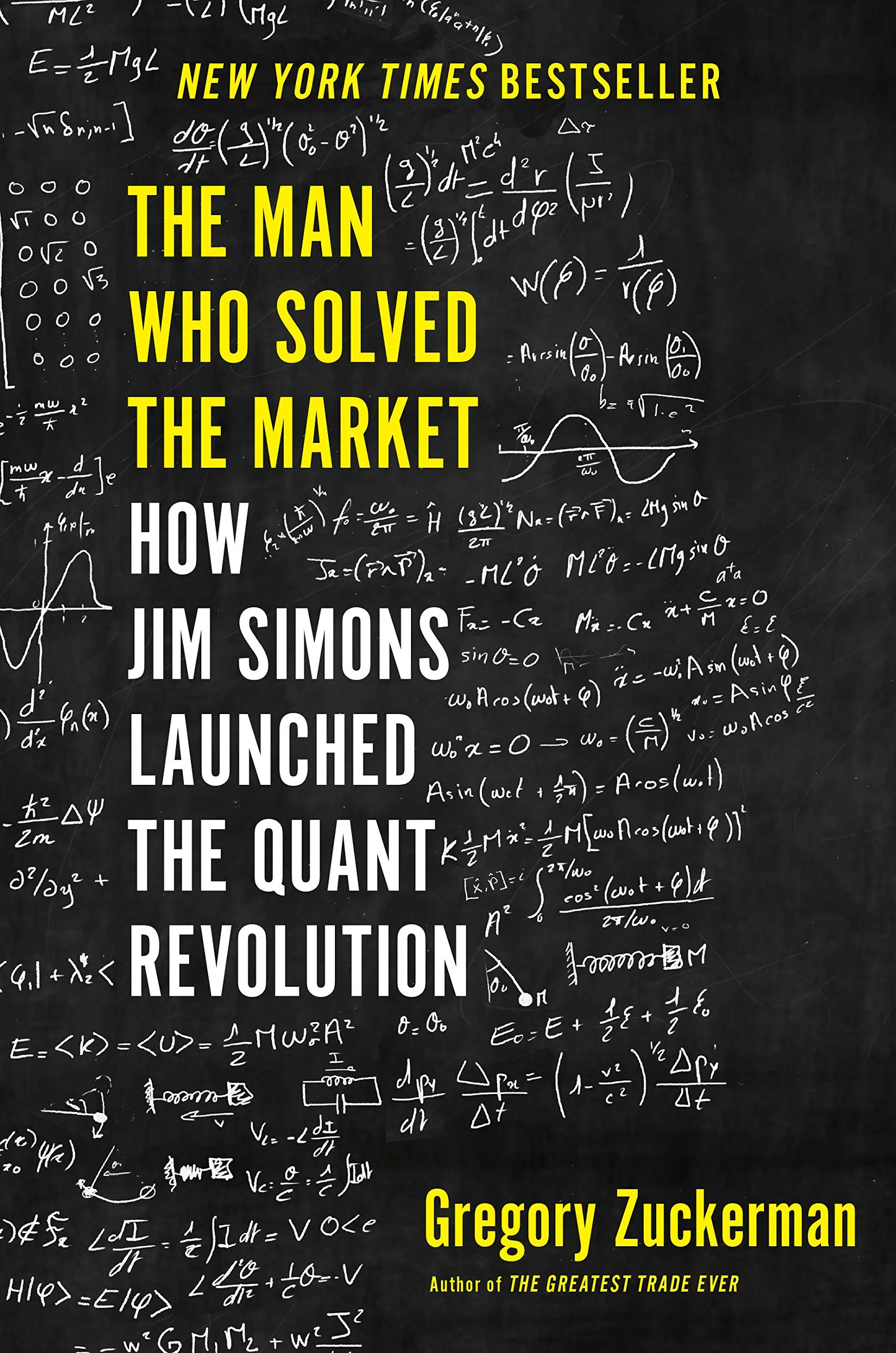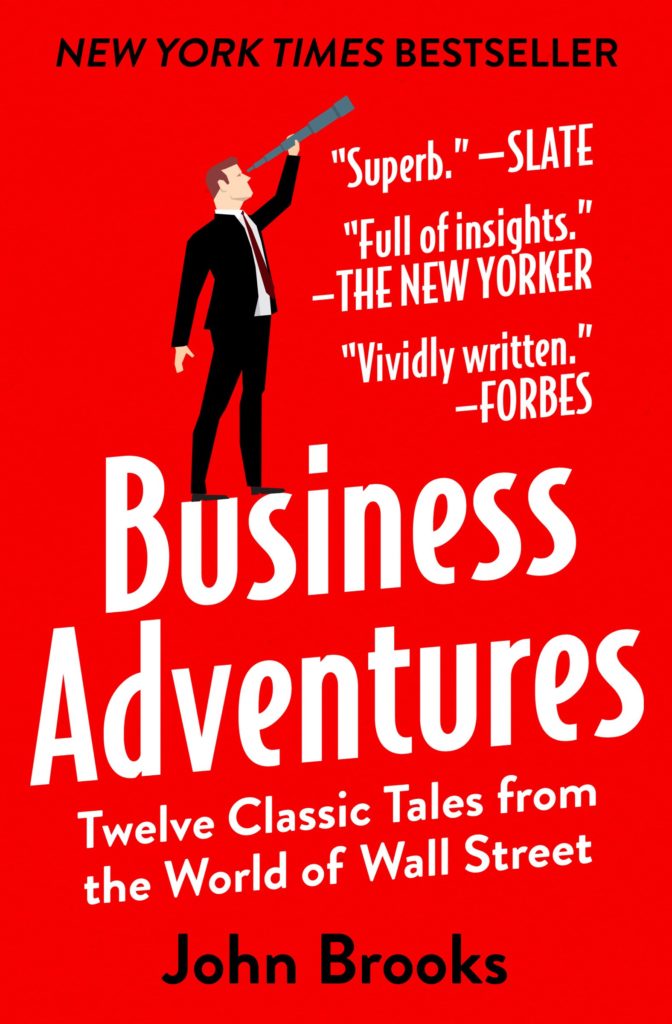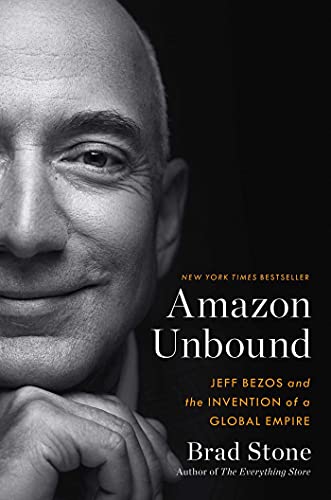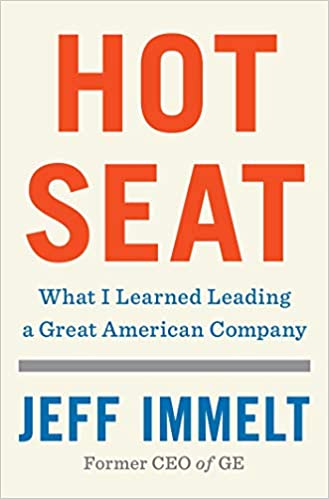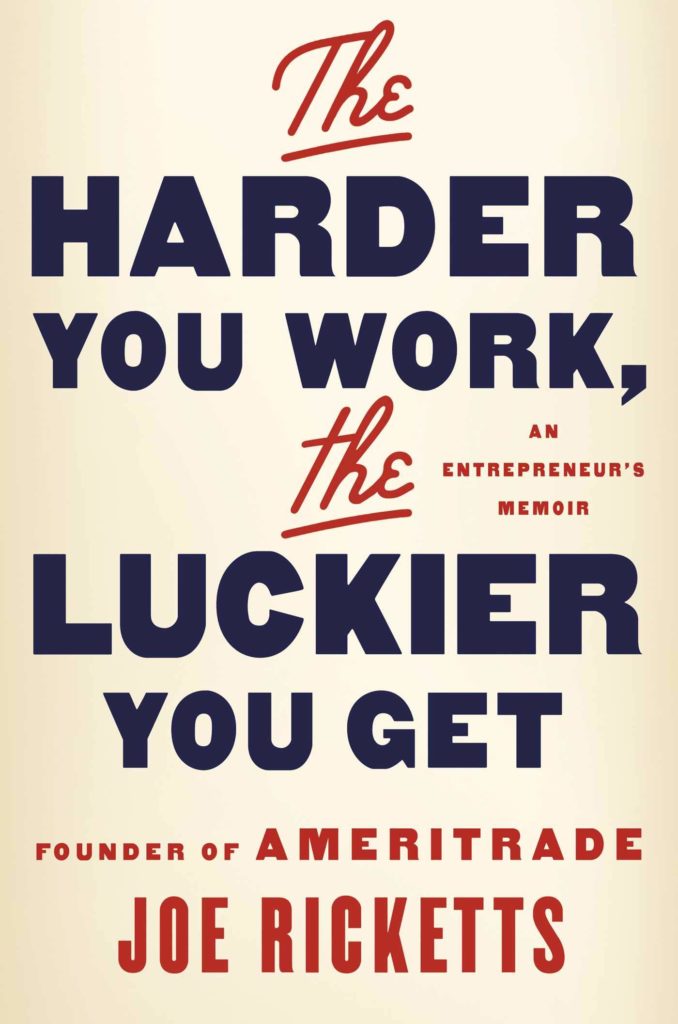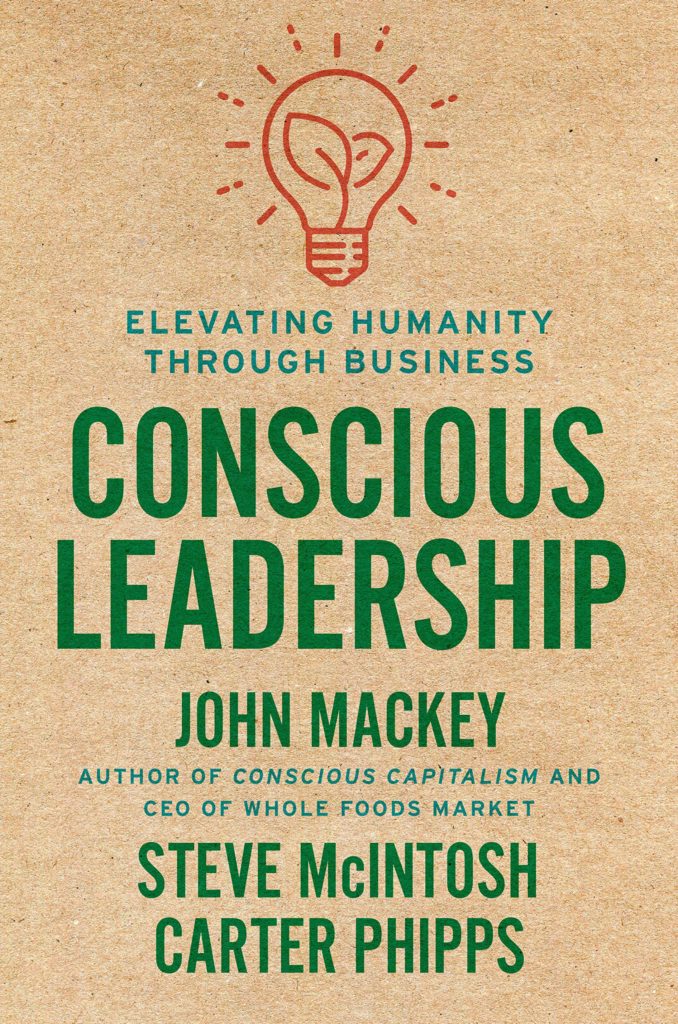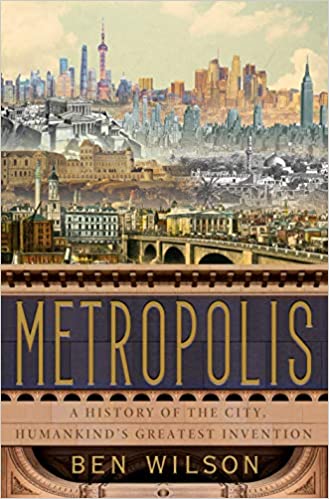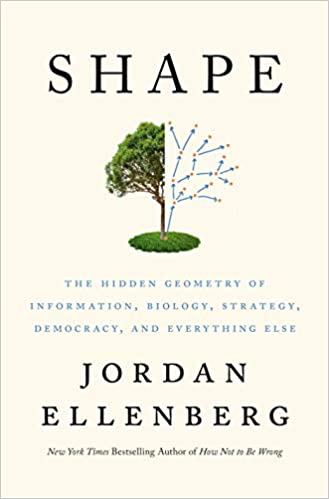Something I always look forward to is the Fourth of July holiday weekend. Half-way through the year and at the height of summer, it feels like we have reached a milestone and now must take some time to slow down, reflect, and relax. I look forward to spending time with family, I enjoy the heat, and I relish in the monsoons. Most of all, I look forward to reading a good book.
Books, for me, are more than an escape or relaxing activity. They are certainly those things, but they are also a tangible way for me to connect to people whom I have never met. In the case of historical figures and fictional characters, people who I will never get the chance to meet but who still have the ability to impact our life. Books provide unlimited access to humanity’s expanding knowledge. Abraham Lincoln said that “a capacity, and taste, for reading, gives access to whatever has already been discovered by others.” So, so true.
Put another way, “the more that you read, the more things you will know. The more that you learn, the more places you’ll go,” Dr. Seuss.
As a passionate life-long learner, I have a pleasantly pressing desire to know about everything that I don’t know. My quest for more knowledge has no destination, but rather an infinite horizon. So I read about everything and anything, fiction and non-fiction alike.
Every book that I read has an intangible value, and I keep every single one. Besides my family, my treasure is my ever-growing collection of books. I plan on passing that treasure onto my son one day.
Here are ten books about markets, finance, and business for you to add to your summer reading list and that are a piece of my treasured collection. Before you get started, I’d like to point out two things: First, the summaries here are not my own. They are taken from either the book itself or the publisher. Second, I like all of the books on this list, they are all great reads, but that doesn’t mean that I — or TCI, for that matter — endorse everything that is written in the pages.
Hope you enjoy!
I could never have dreamt that there were such goings-on
Notes On The Art of Poetry, by Dylan Thomas
in the world between the covers of books.
such sandstorms and ice blasts of words,
such staggering peace, such enormous laughter,
such and so many blinding bright lights,
splashing all over the pages
in a million bits and pieces
all of which were words, words, words,
in its own delight and glory and oddity and light.
Market Mover: Lessons from a Decade of Change at Nasdaq
By Robert Greifeld
The former CEO and Chairman of Nasdaq shares insights and lessons learned from one of the world’s largest stock exchanges, detailing the company’s transformation from a fledgling U.S. equities market to a global financial technology company.
During 2003, the U.S. economy was described by one economist as “nervous, anxious, and waiting.” In December the Dow had topped 10,000 for the first time in a year and a half, and at year’s end the markets were up for the first time since 1999. But in the same year, American troops had moved into Iraq, and corporate boards were cutting CEOs at the slightest signs of trouble.
Amidst this turmoil Robert Greifeld, a former tech entrepreneur from outside the Wall Street bubble, became CEO of Nasdaq, a position he would hold for the next thirteen years. He saw the company through one of the most mercurial economic periods in history: the Bernie Madoff mega-scandal; Facebook’s tumultuous and disastrous IPO; Hurricane Sandy’s disruption of the world’s financial hub; the implosion of America’s housing market and the global economic crash that followed, from which we have yet to fully recover. In Market Mover, Bob will write a first-hand account of the most critical moments of his career, with each chapter focusing on a headline-making event and ending with a prescriptive takeaway to impart to his readers.
Now Bob, who stepped aside as Nasdaq’s CEO at the end of 2016, is eager to look back at more than a decade of transformational change that occurred on his watch in order to share his insights and lessons with business readers.
The Man Who Solved the Market: How Jim Simons Launched the Quant Revolution
By Gregory Zuckerman
The unbelievable story of a secretive mathematician who pioneered the era of the algorithm–and made $23 billion doing it.
Jim Simons is the greatest money maker in modern financial history. No other investor–Warren Buffett, Peter Lynch, Ray Dalio, Steve Cohen, or George Soros–can touch his record. Since 1988, Renaissance’s signature Medallion fund has generated average annual returns of 66 percent. The firm has earned profits of more than $100 billion; Simons is worth twenty-three billion dollars.
Drawing on unprecedented access to Simons and dozens of current and former employees, Zuckerman, a veteran Wall Street Journal investigative reporter, tells the gripping story of how a world-class mathematician and former code breaker mastered the market. Simons pioneered a data-driven, algorithmic approach that’s sweeping the world.
As Renaissance became a market force, its executives began influencing the world beyond finance. Simons became a major figure in scientific research, education, and liberal politics. Senior executive Robert Mercer is more responsible than anyone else for the Trump presidency, placing Steve Bannon in the campaign and funding Trump’s victorious 2016 effort. Mercer also impacted the campaign behind Brexit.
The Man Who Solved the Market is a portrait of a modern-day Midas who remade markets in his own image, but failed to anticipate how his success would impact his firm and his country. It’s also a story of what Simons’s revolution means for the rest of us.
Americana: A 400-Year History of American Capitalism
By Bhu Srinivasan
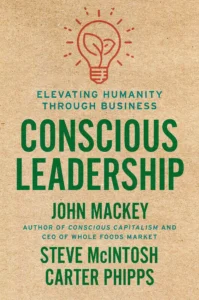
An absorbing and original narrative history of American capitalism.
From the days of the Mayflower and the Virginia Company, America has been a place for people to dream, invent, build, tinker, and bet the farm in pursuit of a better life. Americana takes us on a four-hundred-year journey of this spirit of innovation and ambition through a series of Next Big Things — the inventions, techniques, and industries that drove American history forward: from the telegraph, the railroad, guns, radio, and banking to flight, suburbia, and sneakers, culminating with the Internet and mobile technology at the turn of the twenty-first century. The result is a thrilling alternative history of modern America that reframes events, trends, and people we thought we knew through the prism of the value that, for better or for worse, this nation holds dearest: capitalism.
In a winning, accessible style, Bhu Srinivasan boldly takes on four centuries of American enterprise, revealing the unexpected connections that link them. We learn how Andrew Carnegie’s early job as a telegraph messenger boy paved the way for his leadership of the steel empire that would make him one of the nation’s richest men; how the gunmaker Remington reinvented itself in the postwar years to sell typewriters; how the inner workings of the Mafia mirrored the trend of consolidation and regulation in more traditional business; and how a 1950s infrastructure bill triggered a series of events that produced one of America’s most enduring brands: KFC. Reliving the heady early days of Silicon Valley, we are reminded that the start-up is an idea as old as America itself.
Entertaining, eye-opening, and sweeping in its reach, Americana is an exhilarating new work of narrative history.
Business Adventures: Twelve Classic Tales from the World of Wall Street
By John Brooks
“Business Adventures remains the best business book I’ve ever read.” —Bill Gates, The Wall Street Journal
What do the $350 million Ford Motor Company disaster known as the Edsel, the fast and incredible rise of Xerox, and the unbelievable scandals at General Electric and Texas Gulf Sulphur have in common? Each is an example of how an iconic company was defined by a particular moment of fame or notoriety; these notable and fascinating accounts are as relevant today to understanding the intricacies of corporate life as they were when the events happened.
Stories about Wall Street are infused with drama and adventure and reveal the machinations and volatile nature of the world of finance. Longtime New Yorker contributor John Brooks’s insightful reportage is so full of personality and critical detail that whether he is looking at the astounding market crash of 1962, the collapse of a well-known brokerage firm, or the bold attempt by American bankers to save the British pound, one gets the sense that history repeats itself.
Five additional stories on equally fascinating subjects round out this wonderful collection that will both entertain and inform readers . . . Business Adventures is truly financial journalism at its liveliest and best.
Amazon Unbound: Jeff Bezos and the Invention of a Global Empire
By Brad Stone
From the bestselling author of The Everything Store, an unvarnished picture of Amazon’s unprecedented growth and its billionaire founder, Jeff Bezos, revealing the most important business story of our time.
Almost ten years ago, Bloomberg journalist Brad Stone captured the rise of Amazon in his bestseller The Everything Store. Since then, Amazon has expanded exponentially, inventing novel products like Alexa and disrupting countless industries, while its workforce has quintupled in size and its valuation has soared to well over a trillion dollars. Jeff Bezos’s empire, once housed in a garage, now spans the globe. Between services like Whole Foods, Prime Video, and Amazon’s cloud computing unit, AWS, plus Bezos’s ownership of The Washington Post, it’s impossible to go a day without encountering its impact. We live in a world run, supplied, and controlled by Amazon and its iconoclast founder.
In Amazon Unbound, Brad Stone presents a deeply reported, vividly drawn portrait of how a retail upstart became one of the most powerful and feared entities in the global economy. Stone also probes the evolution of Bezos himself—who started as a geeky technologist totally devoted to building Amazon, but who transformed to become a fit, disciplined billionaire with global ambitions; who ruled Amazon with an iron fist, even as he found his personal life splashed over the tabloids.
Definitive, timely, and revelatory, Stone has provided an unvarnished portrait of a man and company that we couldn’t imagine modern life without.
Hot Seat: What I Learned Leading a Great American Company
By Jemm Immelt
A memoir of successful leadership in times of crisis: the former CEO of General Electric, named one of the “World’s Best CEOs” three times by Barron’s, shares the hard-won lessons he learned from his experience leading GE immediately after 9/11, through the economic devastation of the 2008–09 financial crisis, and into an increasingly globalized world.
In September 2001, Jeff Immelt replaced the most famous CEO in history, Jack Welch, at the helm of General Electric. Less than a week into his tenure, the 9/11 terrorist attacks shook the nation, and the company, to its core. GE was connected to nearly every part of the tragedy—GE-financed planes powered by GE-manufactured engines had just destroyed real estate that was insured by GE-issued policies. Facing an unprecedented situation, Immelt knew his response would set the tone for businesses everywhere that looked to GE—one of America’s biggest and most-heralded corporations—for direction. No pressure.
Over the next sixteen years, Immelt would lead GE through many more dire moments, from the 2008–09 Global Financial Crisis to the 2011 meltdown of Fukushima’s nuclear reactors, which were designed by GE. But Immelt’s biggest challenge was inherited: Welch had handed over a company that had great people, but was short on innovation. Immelt set out to change GE’s focus by making it more global, more rooted in technology, and more diverse. But the stock market rarely rewarded his efforts, and GE struggled.
In Hot Seat, Immelt offers a rigorous, candid interrogation of himself and his tenure, detailing for the first time his proudest moments and his biggest mistakes. The most crucial component of leadership, he writes, is the willingness to make decisions. But knowing what to do is a thousand times easier than knowing when to do it. Perseverance, combined with clear communication, can ensure progress, if not perfection, he says. That won’t protect any CEO from second-guessing, but Immelt explains how he’s pushed through even the most withering criticism: by staying focused on his team and the goals they tried to achieve. As the business world continues to be rocked by stunning economic upheaval, Hot Seat is an urgently needed, and unusually raw, source of authoritative guidance for decisive leadership in uncertain times.
The Harder You Work, the Luckier You Get: An Entrepreneur’s Memoir
By Joe Ricketts
Joe Ricketts, founder of TD Ameritrade, shares the epic inside story of how a working-class kid from the Nebraska prairie took on Wall Street’s clubby brokerage business, busted it open, and walked away a billionaire.
Joe Ricketts always had the gift of seeing what others missed. The son of a house builder, he started life as a part-time janitor, but by the age of thirty-three he saw the chance to challenge the big brokerage firms by offering Americans an inexpensive way to take control of their own stock trading. Nowadays, we take for granted that Main Street is playing right there on Wall Street, but Ricketts made that happen. His company, begun with $12,500 borrowed from friends and family, took off like a rocket thanks to an early embrace of digital technology and irreverent marketing. But Ameritrade also faced a series of near-disasters: the SEC almost shut him down; his partners tried to force him out because of his relentless risk-taking; penny brokers swindled the company; the crash of 1989 nearly cost him everything; and he was almost shut down again when a customer committed massive fraud. By the time of the dot-com bust, he had proven that his strategy based on frontier values could survive just about anything.
The Harder You Work, The Luckier You Get offers a view inside Joe Ricketts’ mind, giving readers a visceral understanding of how entrepreneurs think and act differently from the rest of us—how they see the horizon where we just see a spreadsheet. As unvarnished as the prairie he comes from, Ricketts also talks honestly about his shortcomings as a manager, the career sacrifices his wife made for his business, the complexity of being a father, and the pain of splitting with his mentor and of his brother’s death from AIDS. Overcoming these and other challenges, he built a company now worth $30 billion.
A must-read for anyone who’s ever dreamed of starting their own business, The Harder You Work, The Luckier You Get is the ultimate only-in-America story.
Conscious Leadership: Elevating Humanity Through Business
By John Mackey, Steve McIntosh, and Carter Phipps
From Whole Foods CEO John Mackey and his coauthors, a follow-up to groundbreaking bestseller Conscious Capitalism—revealing what it takes to lead a purpose-driven, sustainable business.
John Mackey started a movement when he founded Whole Foods, bringing natural, organic food to the masses and not only changing the market, but breaking the mold. Now, for the first time, Conscious Leadership closely explores the vision, virtues, and mindset that have informed Mackey’s own leadership journey, providing a roadmap for innovative, value-based leadership—in business and in society.
Conscious Leadership demystifies strategies that have helped Mackey shepherd Whole Foods through four decades of incredible growth and innovation, including its recent sale to Amazon. Each chapter will challenge you to rethink conventional business wisdom through anecdotes, case studies, profiles of conscious leaders, and innovative techniques for self-development, culminating in an empowering call to action for entrepreneurs and trailblazers—to step up as leaders who see beyond the bottom line.
Metropolis: A History of the City, Humankind’s Greatest Invention
By Ben Wilson
From a brilliant young historian, a colorful journey through 7,000 years and twenty-six world cities that shows how urban living has been the spur and incubator to humankind’s greatest innovations.
In the two hundred millennia of our existence, nothing has shaped us more profoundly than the city. Historian Ben Wilson, author of bestselling and award-winning books on British history, now tells the grand, glorious story of how city living has allowed human culture to flourish. Beginning with Uruk, the world’s first city, dating to 5000 BC and memorably portrayed in the Epic of Gilgamesh, he shows us that cities were never a necessity but that once they existed their density created such a blossoming of human endeavor–producing new professions, forms of art, worship, and trade–that they kick-started nothing less than civilization.
Guiding readers through famous cities over 7,000 years, he reveals the innovations driven by each: civics in the agora of Athens, global trade in ninth-century Baghdad, finance in the coffeehouses of London, domestic comforts in the heart of Amsterdam, peacocking in Belle Epoque Paris. In the modern age, he studies the impact of verticality in New York City, the sprawl of L.A., and the eco-reimagining of twenty-first-century Shanghai. Lively, erudite, page turning, and irresistible, Metropolis is a grand tour of human achievement.
Shape: The Hidden Geometry of Information, Biology, Strategy, Democracy, and Everything Else
By Jordan Ellenberg
From the New York Times-bestselling author of How Not to Be Wrong—himself a world-class geometer—a far-ranging exploration of the power of geometry, which turns out to help us think better about practically everything.
How should a democracy choose its representatives? How can you stop a pandemic from sweeping the world? How do computers learn to play Go, and why is learning Go so much easier for them than learning to read a sentence? Can ancient Greek proportions predict the stock market? (Sorry, no.) What should your kids learn in school if they really want to learn to think? All these are questions about geometry. For real.
If you’re like most people, geometry is a sterile and dimly remembered exercise you gladly left behind in the dust of ninth grade, along with your braces and active romantic interest in pop singers. If you recall any of it, it’s plodding through a series of miniscule steps only to prove some fact about triangles that was obvious to you in the first place. That’s not geometry. Okay, it is geometry, but only a tiny part, which has as much to do with geometry in all its flush modern richness as conjugating a verb has to do with a great novel.
Shape reveals the geometry underneath some of the most important scientific, political, and philosophical problems we face. Geometry asks: Where are things? Which things are near each other? How can you get from one thing to another thing? Those are important questions. The word “geometry” comes from the Greek for “measuring the world.” If anything, that’s an undersell. Geometry doesn’t just measure the world—it explains it. Shape shows us how.
Hopefully you found something you’re interested in reading from the list. If you’re still searching for your next read, here are my recommendations from last summer. Is there something you’ve recently read that you’re particularly excited about? Don’t hesitate to reach out! As you can probably tell, I’m always on the lookout for a great book.
“Keep reading. It’s one of the most marvelous adventures that anyone can have.”
Lloyd Alexander


